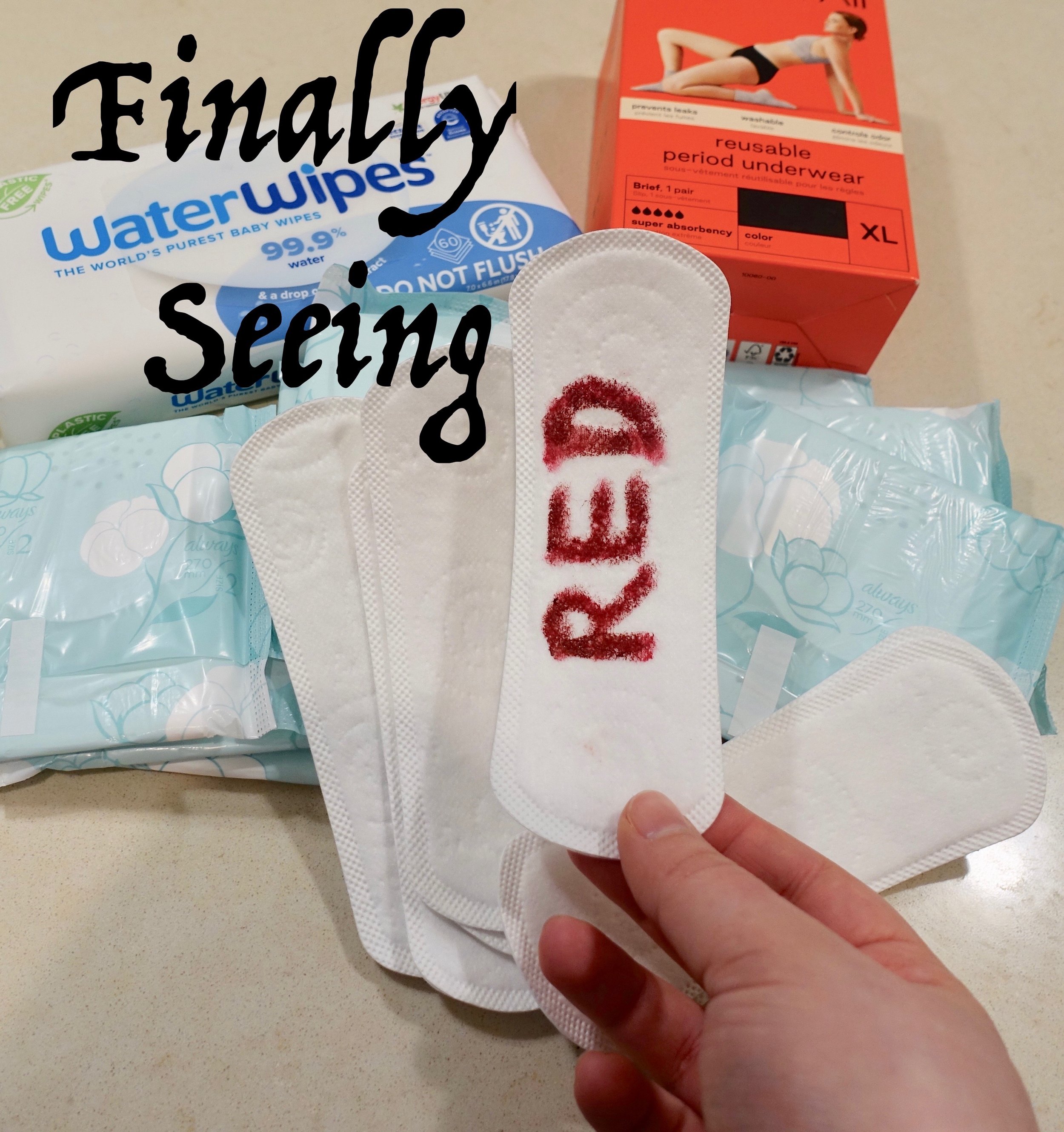Finally Seeing Red
Thoughts on Menstrual Health and Education
I remember feeling so smart when in the 5th grade, the girls were split up from the boys, each group set up to watch a video on what to expect during puberty. I had already gotten my first period and other body changes. It was a roll-my-eyes situation as I sat in class, annoyed and thinking to myself, “Too late, I already know about this”. At the end of the video, we were given a little bag of Secret deodorant and maybe one pad.
Looking back, health education - whether from schools, doctors, or my parents - has consistently been lacking. Shouldn’t primary care providers educate kids and their parents about reproductive realities, including periods? I don’t recall ever having a conversation with my mom about periods either, yet, when I got my first one, I somehow knew what it was when it happened. But that’s it. No further understanding of my menstrual cycle.
I don’t believe it is enough to talk openly about periods - we need the details! Regardless of sex or gender, everyone should be educated on how periods happen. Most adults aren’t even aware of the entirety of the menstrual cycle, with how many hormones are a part of it, external factors that can affect it, and how it can be different from person to person. We should have an understanding of our fertility and that of others. We can’t all be doctors, but knowledge about the inner workings of each others bodies is a form of empowerment that makes life better.
This includes learning about polycystic ovary syndrome (PCOS) and endometriosis. Both effect periods and are fairly common, so it is worthwhile to get screened for them if you have any symptoms. We are often taught that periods are supposed to be very uncomfortable and some of us get dismissed by healthcare providers. I was diagnosed with PCOS only a few years ago as an adult, but I must have had it since puberty. Endometriosis can cause a lot of pain and heavier bleeding, and currently, diagnosis can only be made with surgery. I have hope that women’s health research will get better, but until then, we should encourage each other to speak up about our experiences.
It is an interesting contrast, the period products that are not affordable for many, and yet we are told to feel shame about using them, hiding a pad or tampon in our pocket until we get to a bathroom when we’re in public. If blood is so gross, then what is with all of the blood from violence in movies and television? It’s hard to fathom, but 2023 was the first time period products’ absorbency were tested with blood instead of saline or other fluids. And if you were a child when advertising was showing you blue liquid on pads, I would not blame you for being confused. Only since a few years ago have we seen some of those advertisements showing red.
I used to take belly dance classes, also known as Middle Eastern dance, which has roots in symbolizing fertility and childbirth. It is a dance that was often done by women and for women. It is only in more recent times that the dance became performative and done for money, especially once it was brought to Europe and the United States. My favorite dance teacher taught me about this history (herstory) and shared how she danced to help her through contractions before giving birth. One night, she also brought up the topic of menstruation and said something like, “We bleed, but we don’t die”. I felt so inspired by her wisdom and fully agree with her message that our bleeding should not be something that people are afraid of, and in fact we are stronger because of it, and we should be respected because of it too. Bleeding because of our period is better than all of the blood that is shed in times of war.
I recently saw an old pad and tampon dispenser in a movie theater that would probably dispense nothing but air if I had put money in it. Yet, since 2021 in Scotland, pads and tampons have been free for anyone who can’t afford them, which is an issue across the globe. In the United States, many public schools have menstrual products available for students or are in the process of being able to do so. Additionally, activists and policy changers continue their work to get rid of the Tampon Tax, since tampons and more are necessary and should not be treated as optional frivolity.
Periods are misunderstood and get treated like a taboo, even though many experts call it the fifth vital sign, as it says so much about one’s health (body temperature, blood pressure, pulse rate, and respiration rate are the other four). It can feel like we are up against so much, with politicians and other non-experts - including people who have never had a period - spreading false information about our bodies and about what is important. However, it’s really not too much to ask, to have better health and access related to periods for all of us who have them for around 40 years of our lives! Simply put, we deserve better and we know it. Period.
If you enjoyed this article and would like to show your support,
my PayPal button is below. Thank you.

